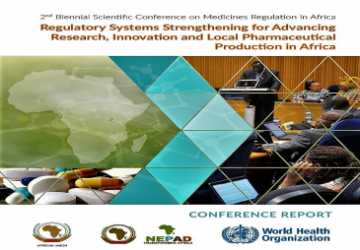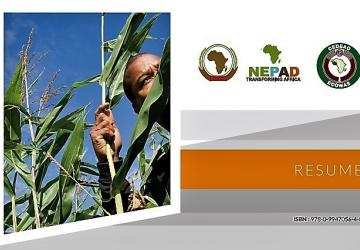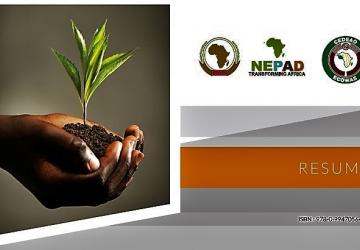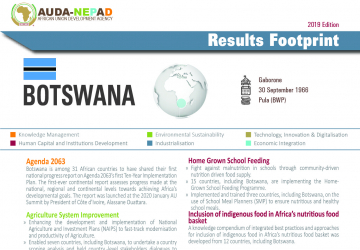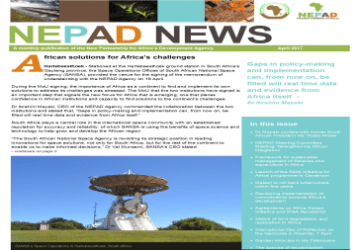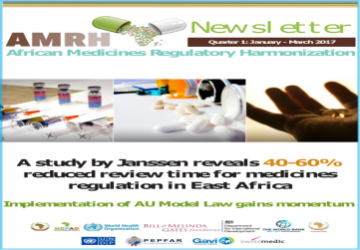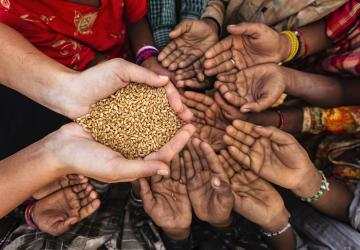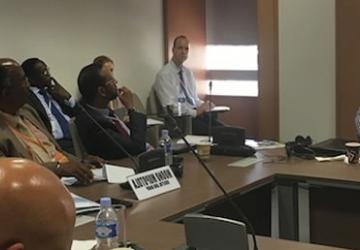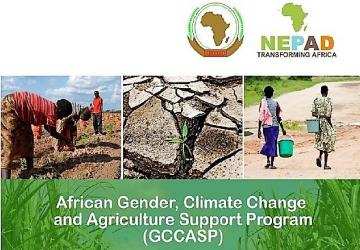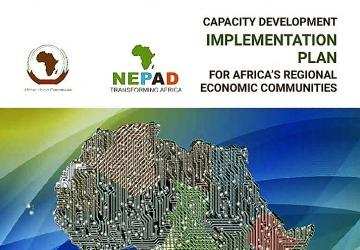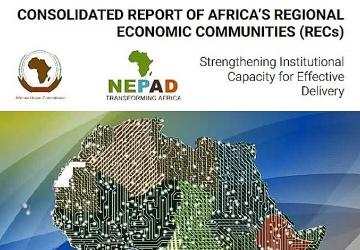 Botswana
Botswana
Official Name: Republic of Botswana
Capital: Gaborone
Independence Day: 30 September 1966
Currency: Pula (BWP)
Key Result
Botswana has successfully registered 25 medical products through a collaborative medicines registration process between Southern African countries including Namibia, Zambia and Zimbabwe, named ZAZIBONA; a total number of 105 medical were registered in all participating countries.
The country is also expected to benefit from an African Union endorsed Model Law on Medical Products Regulation to improve access to quality and safe drugs and to fight the circulation of fake medical products on the continent.
The effect of NPK fertilizer on harvesting time on the growth, yield and sugar parameters of the indigenous sweet sorghum has been researched in the city of Francistown.
Botswana launched the CAADP implementation process and is currently working towards signing the Compact, which aims to increase investments into agriculture. There is ongoing technical support to strengthen and integrate agriculture public expenditure findings into agriculture joint sector review processes.
A Country Climate Smart Agriculture (CSA) framework has been established, aligned with the National Vision, the National Development Plan and the agriculture sector policies and strategies. Framework espouses integrated CSA approaches on climate change, gender and youth. Subsequent to the advent of the programme, a regional platform for learning and sharing of experiences was established. Furthermore, a multi-sectoral and multidisciplinary national expert coordination team from environment and agriculture was established to prepare Botswana’s CSA Programmes.
Botswana has also been supported in mainstreaming Nutrition into National Agriculture and Food Security Investment Plans (NAIPS), to ensure that agricultural and economic development policies and initiatives are nutrition-sensitive and have a clear approach, stronger capacities and clear road maps for implementation.
The country has integrated home-grown school feeding programmes into existing school feeding programmes reaching 330,000 children.
Related
Projects
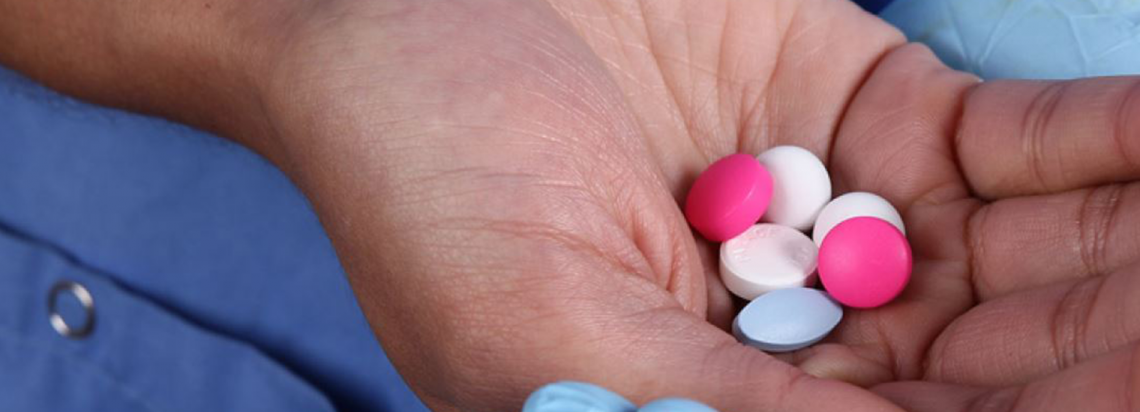
A critical AU Model Law aimed at harmonizing medical products regulatory systems in Africa was endorsed by African Heads of State and Government at the January 2016 AU Summit in Addis Ababa, Ethiopia. The AU Model Law will contribute towards accelerate the regulation of safe, quality and affordable medical products and technologies in Botswana.
Following a successful ZAZIBONA Assessors meetings in 2015, a total of 103 products were reviewed. As a result, the ZAZIBONA Heads of Agencies (HoA) recommended a total of 28 products for registration within SADC member states. As a participating member, Botswana successfully registered a total of 25 products and remains committed to the harmonization of medical products registration. The ZAZIBONA HoA also recommended 14 products for non-registration while 61 are pending. The ZAZIBONA scheme is part of the SADC Framework for Regulatory Harmonization and was endorsed by the SADC Regulators Forum. A further four (4) ZAZIBONA Assessors meetings will be held in 2016.

1. Home-Grown School Feeding (HGSF) programmes: Following the completion of three case studies in Southern Africa (Botswana, Namibia and South Africa), individual countries were sensitised to incorporate the Home-Grown School Feeding (HGSF) model into existing school feeding programmes, and ensuring that procurement for the programmes was locally sourced.
Supported by NEPAD since 2007, Botswana’s School Feeding Programme, reaches out to 330,000 children by providing healthy and adequate meals at school. The programme has proven to be successful according to two reports done by the Botswana Institute of Development Policy Analysis (BIDPA) in collaboration with the NEPAD Agency and the Partnership for Child Development (PCD) in 2013. The outcomes reveal that the Programme has made an important contribution to employment and is highly appreciated by the children and the community. The reports state that the parents of the children have also gained by having been employed as cooks. They grind sorghum, one of the country’s staple foods, using their hands in a process called hand stamping. The sorghum porridge combined with other foods, provide healthy and nutritious meals for children at the schools, supplementing many who would otherwise not afford a good meal at home. The launch of the Home-Grown School Feeding Programme in will further strengthen the country’s local economy and provide small-holder farmers with a source of income.
A mapping of existing school feeding programmes (both regular and Home-Grown-School Feeding HGSF models) in Africa was completed and shows that close to 90 per cent of countries have implemented school feeding programmes, with a growing number adopting the HGSF model.
2. Mainstreaming nutrition in National Agriculture and Food Security Investment Plans: While many CAADP NAfSIPs include nutritional goals, most are lacking the concrete actions needed to ensure nutrition security. This gap is being addressed by NEPAD’s initiative to strengthen capacity for addressing nutrition in the formulation and implementation of NAFSIPs. The NEPAD Agency held sub-regional workshops in Botswana to ensure that agricultural and economic development policies and initiatives are nutrition-sensitive and have a clear approach, stronger capacities and clear road maps for implementation.
3. On-going technical support to strengthen the national-level knowledge management platform.
4. A programme to provide skills to Orphans and Vulnerable Children (OVC) was launched.
5. Measuring Cost of Hunger in Africa (COHA) study: Botswana is among the third-phase countires (Cameroon, Botswana, Kenya, Mauritania) to implement the COHA study. The overarching objective of the multi-country study led by the AUC, NEPAD, WFP and UNECA, is to catalyse coordinated action and inform the design of nutrition-oriented policy frameworks and programmes, with greater investments to eradicate child undernutrition on the continent.

Botswana has launched the CAADP implementation process working towards signing the Compact.

Project : TAH programme
Description : This is phase I of the continental connectivity programme that focuses on completion and standardisation of the TAH missing links by 2030
Project : Single African Sky phase 1 (design and initial implementation)
Description : Single African Sky is a continental programme that will create a high-level, satellite-based air navigation system for the African continent
Project : Yamoussoukro Decision implementation
Description : Accelerate Yamoussoukro Decision implementation by identifying countries that are ready to fully implement it, and discussing and agreeing with both their governments and airlines to launch the voluntary club on a full membership basis
Project : Multisectoral Investment Opportunity Studies
Description : Identification and preparation of investment programmes in the basin
Project : HWP Phase II – water transfer component
Project : ICT Enabling Environment
Description : This programme would improve the environment for the private sectors to invest in high-speed broadband infrastructure
Project : ICT Terrestrial for Connectivity
Description : This programme has two main components : secure each country connection by at least two broadband infrastructure and ensure the access to submarine cable to all landlocked countries
Project : Internet Exchange Point (IXP) programme
Description : The aim of this programme is to provide Africa with adequate internet node exchange to maximise internal traffic
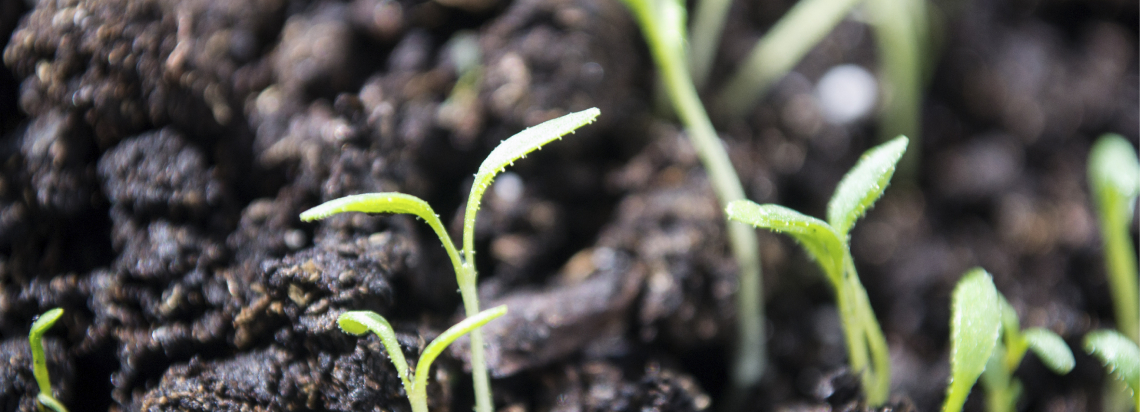
The Fund supported the alignment of the gender sensitive CSA to the country's NDP
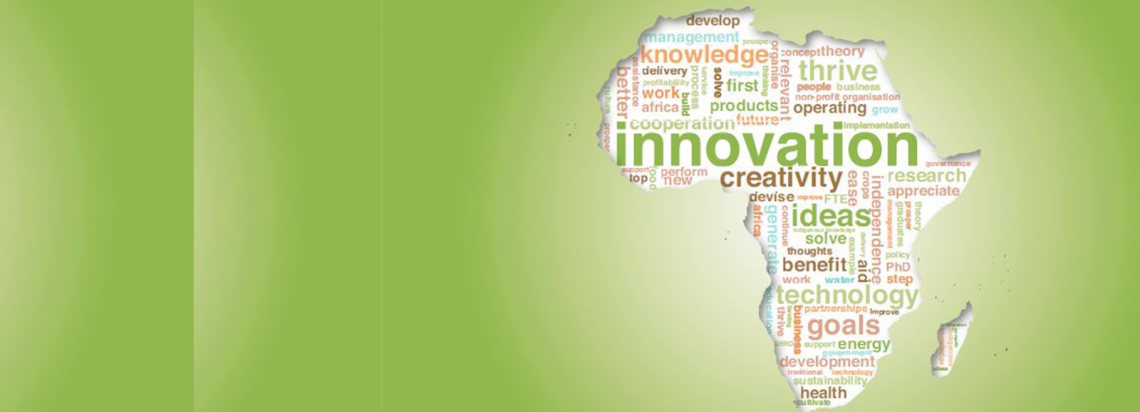
Involvement of Botswana on the ASTII project commenced in 2013. Guided by MoUs with NEPAD, the country held an ASTII in-country training workshop in August 2015 attended by 29 officials (16 female, 13 male). Additionally, it has collected and processed R&D and Innovation data, and as well been involved in another round of R&D survey for indicators to be submitted to NEPAD for the 3rd African Innovation Outlook report (AIO-2017).
Website : http://www.cnrst.org

Advocacy and Strengthening of Negotiation Capacities on Post-2015 Development Agenda through the Common African Position (CAP)
Global Partnership for Effective Development Cooperation (GPEDC)
The Global Partnership is an inclusive political forum bringing together governments, bilateral and multilateral organisations, civil society and representatives from parliaments and the private sector, committed to strengthening the effectiveness of development co-operation to produce maximum impact for development. Through its multi-stakeholder platform, the Global Partnership provides support, guidance and shares knowledge to boost development impact with a strong country focus, and to ensure a degree of coherence and collaboration among all development stakeholders on co-operation flows and policies. It offers a global mechanism to ensure co-operation is based on Busan principles of ownership, results, inclusiveness; and transparency and accountability to deliver tangible results on the new SDGs. NEPAD Agency is the Africa’s Secretariat for the Global Partnership.

Project : North-South Corridor Road/Rail Project
Description : Construction of a multi-modal trans-continental interconnector
Description : The use of political gravitas and goodwill to unblock and facilitate political bottlenecks affecting the implementation of ICT broadband and optic fibre projects on the continent


"At the beginning of 2014, 37 of the 42 opted-in African countries have completed a rapid assessment / gap analysis. The next step for countries is to develop a SE4LL Action Agenda and Investment Prospectus(es). To support this process, the SE4ALL Africa Hub partners have led the development of Africa Guidelines for SE4ALL national Action Agendas. The Africa Guidelines lay out principles and process for developing Action Agendas and put forward a balanced approach of centralized and decentralized solutions to achieve universal access to energy services.
Progress in Botswana:
Joined SE4All initiative"
you agree to the AUDA-NEPAD Privacy Policy.


